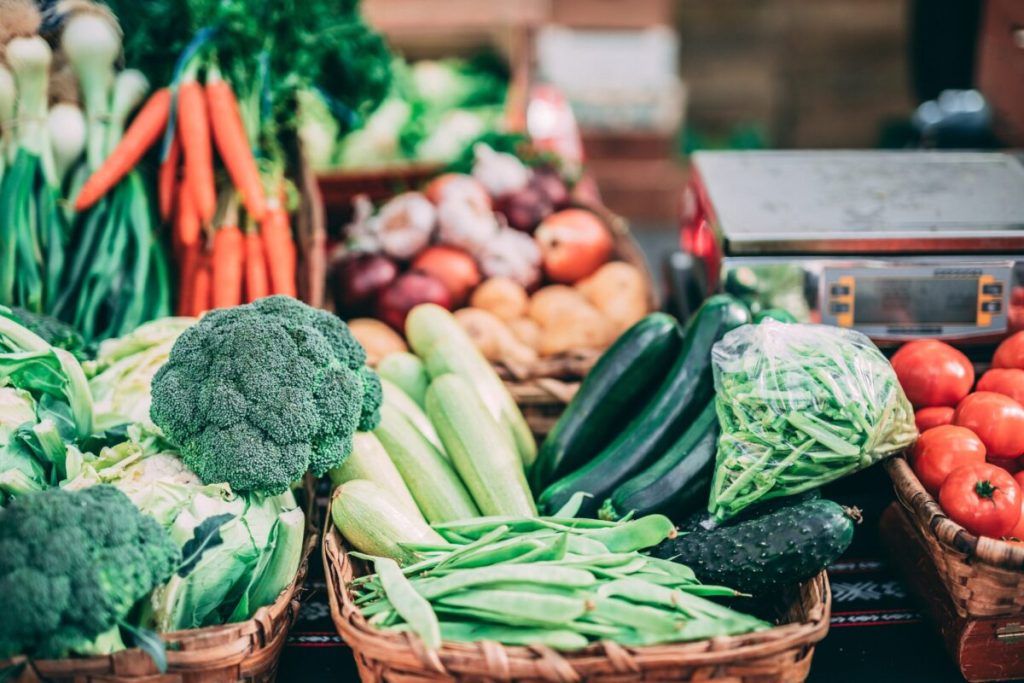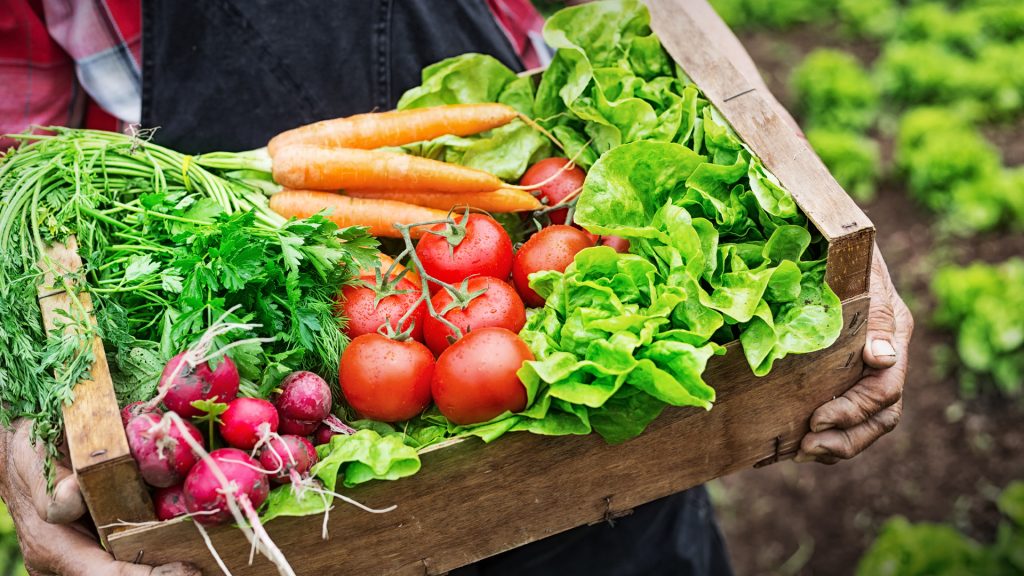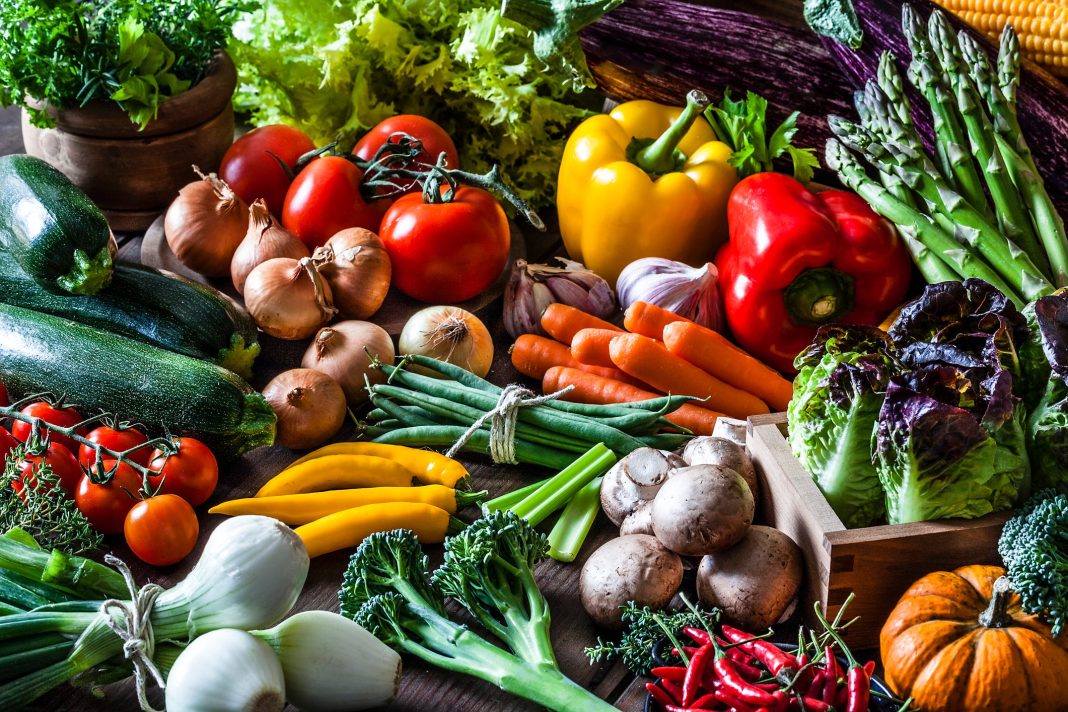In the heart of Nakuru County, Farm Kenya is leading a transformative movement to empower local farmers through organic agriculture.
With a commitment to sustainable practices, the organization has launched various initiatives that not only educate farmers but also cultivate a thriving market for organic products.
Farm Kenya has undertaken extensive training programs designed to equip farmers with essential organic farming techniques. These include composting, crop rotation, and natural pest control.

According to Sammie Mbugua, the Chief Executive Officer of Farm Kenya, “Our goal is to build a sustainable network of organic producers across Kenya.”
The focus on cooperatives and farmer groups aims to foster collaboration and resource sharing, ensuring that knowledge and benefits are distributed equitably among the farming community.
The 2024 Kenya Organic Data Survey report by Kenya Organic Agriculture Network (KOAN) revealed a steady growth in organic farming across Kenya.
The survey, presents findings from the 2022 annual organic data survey collected in 2023 aiming to enhance the sectors understanding and decision-making processes in the organic sector.

According to the report, Kenya has experienced a substantial increase in number of organic farms from 8,004 in 2007 to 62,626 in 2022.
In addition, the country has also seen a growth in organic land area, from 84,538 hectares in 2007 to 171,298 hectares in 2022.
As urban centers in Kenya grow, so does the demand for organic products.
Farm Kenya has observed a notable increase in interest from health-conscious consumers, particularly middle-class families.
These consumers are actively seeking pesticide-free herbs such as turmeric, rosemary, and ginger, as well as organic vegetables.

Interestingly, many of these urban consumers are individuals who have migrated from rural areas, highlighting a dynamic shift in consumption patterns.
The future looks promising for local farmers in the organic market. With potential for export to lucrative markets in the USA, Europe, and the Middle East, organic products can command premium prices.
Mbugua emphasizes that small-scale farmers can thrive in niche markets, particularly in organic herbs and specialty crops, especially if they band together in cooperatives.
Investments in organic certification and infrastructure improvements are crucial for enhancing these economic opportunities.
Farm Kenya is also making strides in promoting local herbs through partnerships with chefs and culinary institutions.
Collaborating with culinary schools like Joska Kenya, the organization is hosting workshops where chefs create innovative recipes using organic herbs from local farmers.
Additionally, plans to feature “farm-to-table” menus in restaurants aim to connect consumers directly with the farmers, bridging the gap between production and consumption.
The environmental impact of organic farming cannot be overstated. Farmers within the Farm Kenya network have reported significant improvements in soil health due to practices like mulching and the use of manure instead of chemical fertilizers.
These methods have led to reduced water pollution, increased biodiversity, and greater resilience to drought. Such benefits align with Kenya’s broader environmental goals, addressing climate change and preserving ecosystems.
Despite these advancements, challenges remain. Funding is a significant hurdle for Farm Kenya, prompting the organization to explore crowdfunding and partnerships with strategic investors.
Access to affordable organic certification is another barrier, particularly for farmers aiming to enter premium markets.
Additionally, inadequate infrastructure, such as cold storage facilities, complicates the delivery of fresh herbs to urban consumers. Herbalists face similar challenges, including inconsistent supply and a lack of standardized quality controls, which can hinder market demand.
Farm Kenya actively advocates for improvements in regulations and market access for organic products. Through social media and engagements with government entities like the Kenya Bureau of Standards, the organization pushes for clearer organic certification processes and subsidies for small farmers.

To further promote organic farming, Farm Kenya has launched educational initiatives aimed at both farmers and consumers. Community workshops and farm field days highlight the benefits of organic practices, while partnerships with schools aim to introduce organic gardening programs for children.
Recent statistics indicate a growing embrace of organic products among Kenyans.
Farm Kenya’s network has expanded by approximately 30% over the past two years, with more than 750 farmers consulting on organic methods.
Urban market stalls and online orders have doubled since 2023, signaling a significant shift in consumer preferences. National estimates suggest that 10-15% of urban households have tried organic products, marking a notable change in the culinary landscape.
As Farm Kenya continues to advocate for organic practices, the vision of a healthier, more sustainable agricultural landscape becomes increasingly attainable, one meal at a time.




